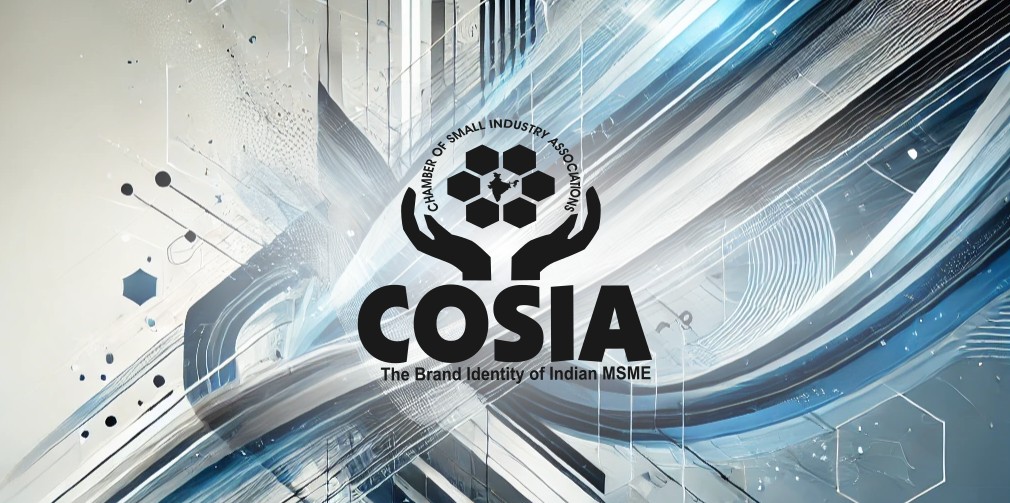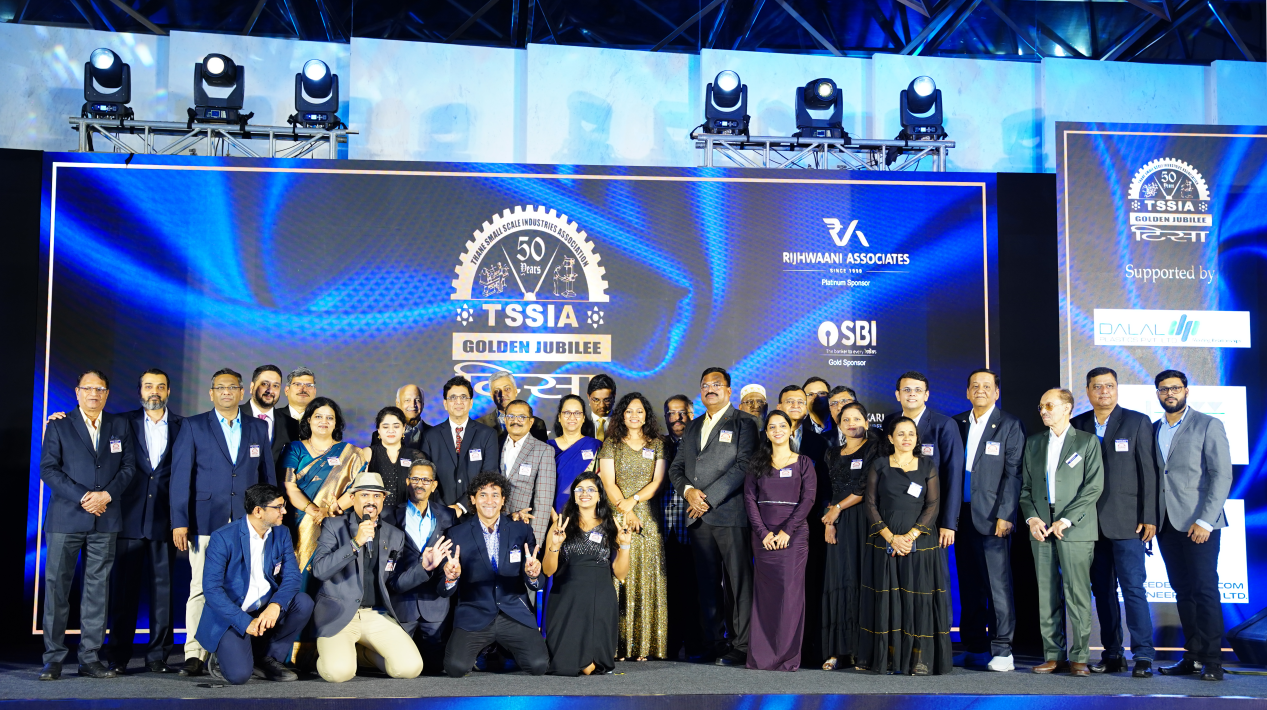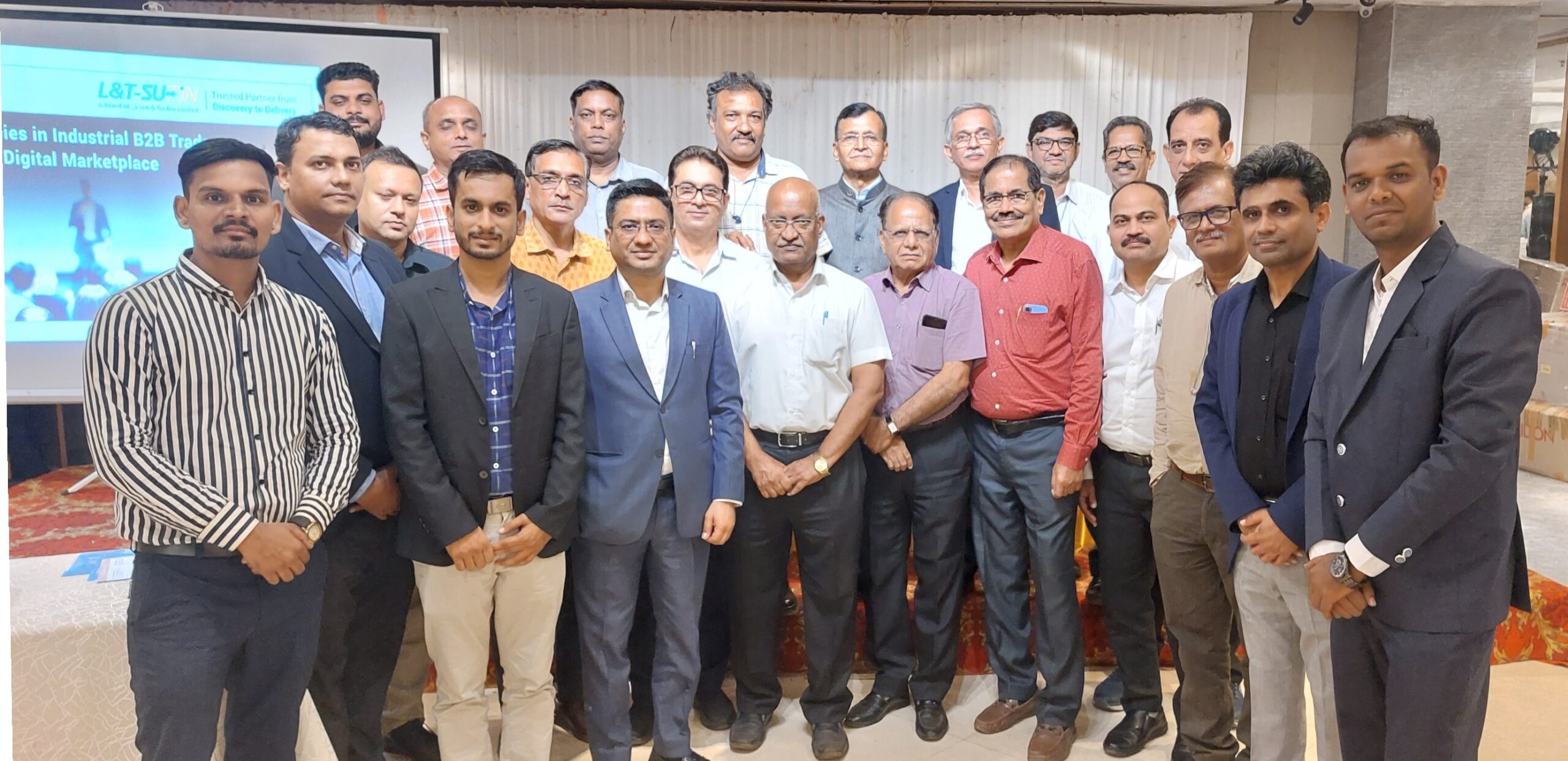India’s aspiration to become a developed nation by 2047 has prompted the government to undertake significant reforms aimed at boosting investment and industrial growth. A key element of this agenda is systematic deregulation, with a focus on easing the compliance burden on businesses, particularly the Micro, Small and Medium Enterprises (MSMEs) that form the backbone of the Indian economy.
Pursuant to the presentation made by the Chief Economic Advisor at the 4th Chief Secretaries Conference in December 2024, and under the directions of the Hon’ble Prime Minister, the Cabinet Secretariat established a Task Force on Deregulation and Compliance Burden on 24th January 2025. The objective is to enhance the Ease of Doing Business (EoDB) and Ease of Living through reforms in priority sectors like:
- Land Use
- Building and Construction
- Labour
- Utilities and Permissions
Shri Rajesh Aggarwal, Secretary, Department of Empowerment of Persons with Disabilities (DEPwD), was given charge of Maharashtra and Gujarat under this initiative.
In this context, a virtual meeting (VC) was convened on 18th March 2025 under the chairmanship of Shri Rajesh Aggarwal to engage with industry associations. Representatives of the Chamber of Small Industry Associations (COSIA) and the Thane Small Scale Industries Association (TSSIA) actively participated in this meeting and offered valuable inputs.
Subsequently, a follow-up meeting was organized by the Government of Maharashtra on 18th July 2025, attended by Mr. Sandeep Parikh, President of COSIA and TSSIA. A presentation outlining the deregulation roadmap was made, and key concerns from industry stakeholders were documented and submitted.
COSIA and TSSIA Representation
At the July 18 meeting, COSIA and TSSIA submitted a detailed memorandum to the Chief Secretary, Government of Maharashtra, highlighting sector-specific compliance challenges and practical reforms required. Key suggestions included:
1. Factories Act Compliance:
- Online Licensing: Implement a 100% online system for issuing factory licenses akin to Udyam registration.
- Safety Audits: Permit use of qualified third-party auditors beyond DISH panel for flexibility.
- Employee Health Check-ups: Allow ESIC/ESIS doctors for mandatory checkups, avoiding panel-specific restrictions.
2. Labour Law Reforms:
- Exemption from Mathadi Act: MSMEs face harassment under Mathadi provisions; a sector-specific exemption was requested.
- Review of Labour Welfare Fund (LWF): Suggested dissolution or re-evaluation due to lack of tangible benefits to industrial workers.
3. Pollution Compliance (MPCB-related):
- Consent Fee Rationalization: Link fees to MSME classification to avoid overburdening small enterprises.
- Recognition of Modernization: Machinery upgrades during consent period should not be treated as “expansion” needing new permissions.
- Metropolitan Area Regularization: Rural-to-metro conversion should auto-regularize existing structures without new approval demands.
- Categorization of Corrugated Box Units: Recommended placing them under White/Green category even if boilers are used (non-chemical operations).
4. Fire NOC Requirements:
- For plots up to 1000 sq. meters, full NOC should be replaced with essential fire safety norms like: Extinguishers, Emergency signage, Basic training for staff
5. Simplification of NSS Annual Return Form:
- The form is currently complex and non-intuitive; a simplified, digital-friendly version with instructions was recommended.
We sincerely appreciate the constructive and responsive approach taken by the Government during the meeting held on 18th July 2025, particularly the positive engagement by Shri Rajesh Aggarwal, Secretary, Department of Empowerment of Persons with Disabilities (DEPwD).
Our representation regarding the challenges faced by MSMEs in areas newly notified as Metropolitan Development Zones—especially the coercive re-regularization requirements for industrial units previously approved by local authorities such as Panchayats or Revenue Departments—was noted with seriousness. We highlighted that such re-validation demands not only disrupt ongoing operations but also obstruct timely renewal of pollution control consents from the MPCB, thereby jeopardizing business continuity and livelihoods.
We are encouraged that the Secretary acknowledged the validity of this concern and assured that it would be taken up with the relevant urban development and environmental authorities of the Government of Maharashtra for resolution. His assurance of pursuing policy-level interventions to ensure automatic regularization or simplified transition mechanisms for such legacy industrial establishments is a welcome step toward ensuring regulatory certainty and protecting existing investments.
Sector-wise Reform Efforts by Centre and Maharashtra State
Based on the presentation made during the 18.07.2025 meeting and the broader national directives, the following specific sector-wise deregulation and compliance burden reduction measures have been proposed or are underway:
1. Labour Sector
- Development of an online inspection system with randomized, risk-based scheduling to reduce discretion and improve transparency.
- Introduction of a Unified Labour Web Portal for filing returns and maintaining registers under various labour laws.
- Promotion of self-certification and third-party certification schemes to minimize direct inspections.
2. Land and Construction
- Implementation of Integrated Construction Permit Systems (ICPS) to allow for single-window approvals.
- Introduction of auto-renewal and deemed approval mechanisms to reduce delays.
- Adoption of Uniform Development Control and Promotion Regulations (UDCPR) across planning authorities for consistency in building norms and land use.
3. Utilities and Permissions
- Streamlining of processes for electricity, water, and sewage connections through digitized, time-bound service delivery.
- Elimination of redundant NOCs and approvals for operationalizing utilities.
4. Environmental Permissions
- Introduction of faceless approvals for routine renewals under pollution control frameworks.
- Establishment of timeline-based clearance mechanisms for Consent to Establish (C to E) and Consent to Operate (C to O).
- Mapping and digitization of green category industries for simplified treatment.
5. Business Governance
- Simplification of various compliance forms and reporting formats, especially those related to statistical surveys and regulatory filings.
- Development of enterprise-centric dashboards for tracking compliance obligations.
- Encouragement of self-reporting and automated compliance monitoring tools.
6. Departmental Coordination
- Establishment of a Deregulation Cell under the Cabinet Secretariat to coordinate reforms and support states.
- Designation of nodal officers for each state to oversee implementation and provide central handholding.
These reforms are part of a phased approach where the Central Deregulation Cell provides guidance, while Maharashtra has shown proactive engagement by holding inter-departmental reviews, industry consultations, and policy adjustments in response to inputs from associations such as COSIA and TSSIA.




